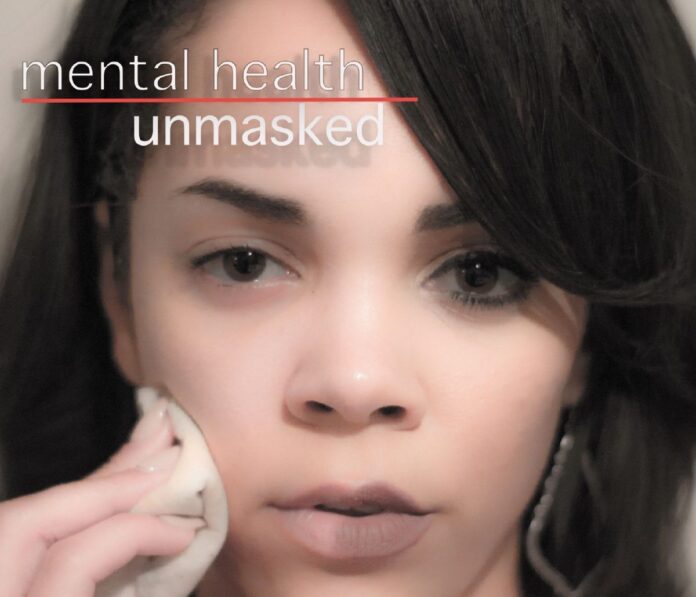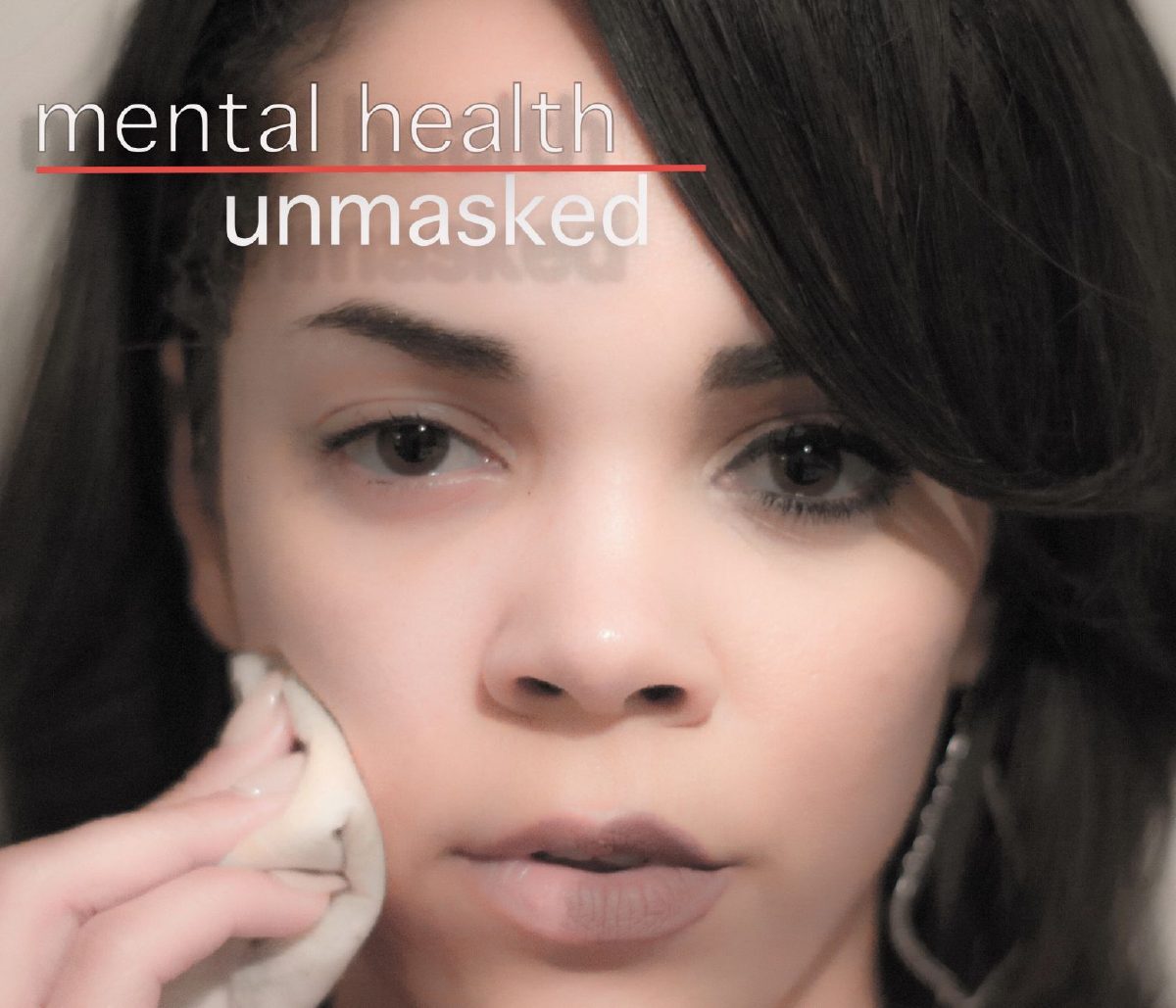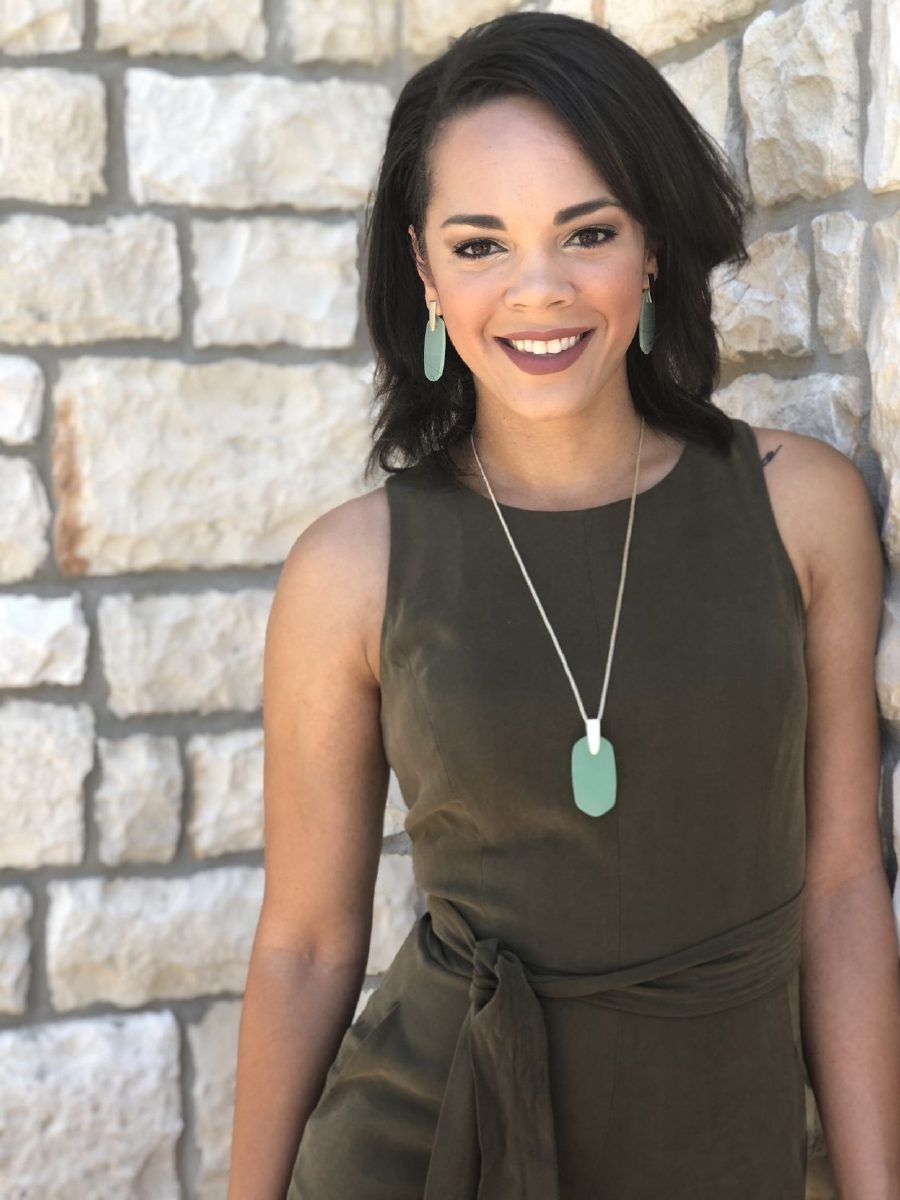KGBT-TV anchor Nicole Hickl credited her husband for encouraging her to talk to a professional about how she was feeling.
Late last year she stopped working out and “all I’d do is lay there,” she said.
Even a weeklong vacation “couldn’t bring me inner peace or happiness,” she said. “I still felt dark and empty.”
“’How are you still alive?’” she recalls hearing after an initial assessment with a therapist in January. “I told her, ‘I have a daughter. That’s the only reason why.’ After that, she referred me to a psychiatrist.”
Hickl has dealt with depression since high school, and has always been hesitant to take drugs. But through continued therapy and medication, she said she started to notice a difference by April, though it’s an ongoing battle.
Earlier this month, Hickl took her mental health battle public in hopes of helping others “suffering in silence,” she said.
One in 6 adults will experience depression in their lifetime, according to the Centers for Disease Control and Prevention.
Breaking the silence
“I guess I was just tired of hiding,” Hickl said of her June 8 Facebook Live, in which she detailed her fight with depression. “That day, I (couldn’t) get off the couch, or then I’m running around cleaning. Those are the two ways I cope with my anxiety and my depression.
“It was a heck of a day building up to it. I had to talk with (station) management, took a mental health day preparing to say, ‘Hey. I have depression and anxiety.’”
The nearly 20-minute live video on Facebook, titled “Mental Health: Unmasked,” reveals how Hickl “has been silent for a very long time” about her depression, she said.
“I wanted to do this video to break the stigma,” Hickl said in the video.
When viewers see Hickl on TV, in makeup and in nice clothes, that’s part of the “work mode” front she must maintain, she said. And since talking about her mental illness, she’s heard feedback from people who didn’t suspect she was hurting. She broadcast from her living room, without makeup and in comfortable attire.
“As a public figure, we seem like we have everything together. ‘What do you have to be sad for?’” she said, parroting a common misconception. “It’s not a sadness. It’s not temporary. It just stays with you.”
She admitted the prospect of potential embarrassment and fear kept her quiet about her condition.
“I’m not ashamed anymore. I was ashamed, but not ashamed anymore … because when you’re sick, you go to the doctor,” she said in the video. “Mental health is everything.”
Leading up to the video, Hickl talked about a particularly difficult therapy session.
“I was balling my eyes out, and I just couldn’t bring myself back together,” she said.
Her doctor suggested taking a mental health day, which she said was helpful. These coping strategies were a vast improvement to being unchecked — causing her to lose weight due to no appetite, glued to the couch or going through life in “zombie mode,” going through the motions, as she described.
She encouraged people to seek help.
“There are other people suffering — a lot of people suffering,” she said. “And I want them to know, they’re not alone. You are not alone.”
She also referenced sharing the number to the National Suicide Prevention Hotline in a previous post, and said she’s reached out to the service in high school and college.
While the CDC says suicide is rarely due to a single factor, Hickl said she’s afraid the rate is going up — United States suicide rates have risen in nearly every state from 1999 to 2016, according to the CDC — partly because people are concerned about their images.
“I was, but I said enough was enough. Let’s just start the conversation,” she said, adding that this wouldn’t be her last installment.
The next week, she interviewed psychiatrist and chief medical officer at Tropical Texas Behavioral Health, Dr. Daniel Gutierrez. They talked about warning signs and symptoms for those with mental illness, and she used the TV studio, as her station is supportive of her endeavor.
“They were all for it,” she said.
People struggling with mental health are scared to be judged, and “now more than ever, we need to normalize mental health and not make it something that we don’t speak of,” she said. “Probably almost everyone is struggling in some way, right?”
She said that if people notice changes in themselves to seek assistance. And she called on people to be vigilant to those around them. While her primarily objective was to help at least one person feel supported about addressing their issue, she emphasized how important it is for everyone to educate themselves about mental health and become an ally.
During the video, Hickl referenced the positive feedback she was getting during the Facebook Live, and thanked people for their positive feedback. But she hoped that this sentiment wouldn’t stop there with her.
“If all that support that came to me would just go to the other people that really need it, think how we could change the world.”






